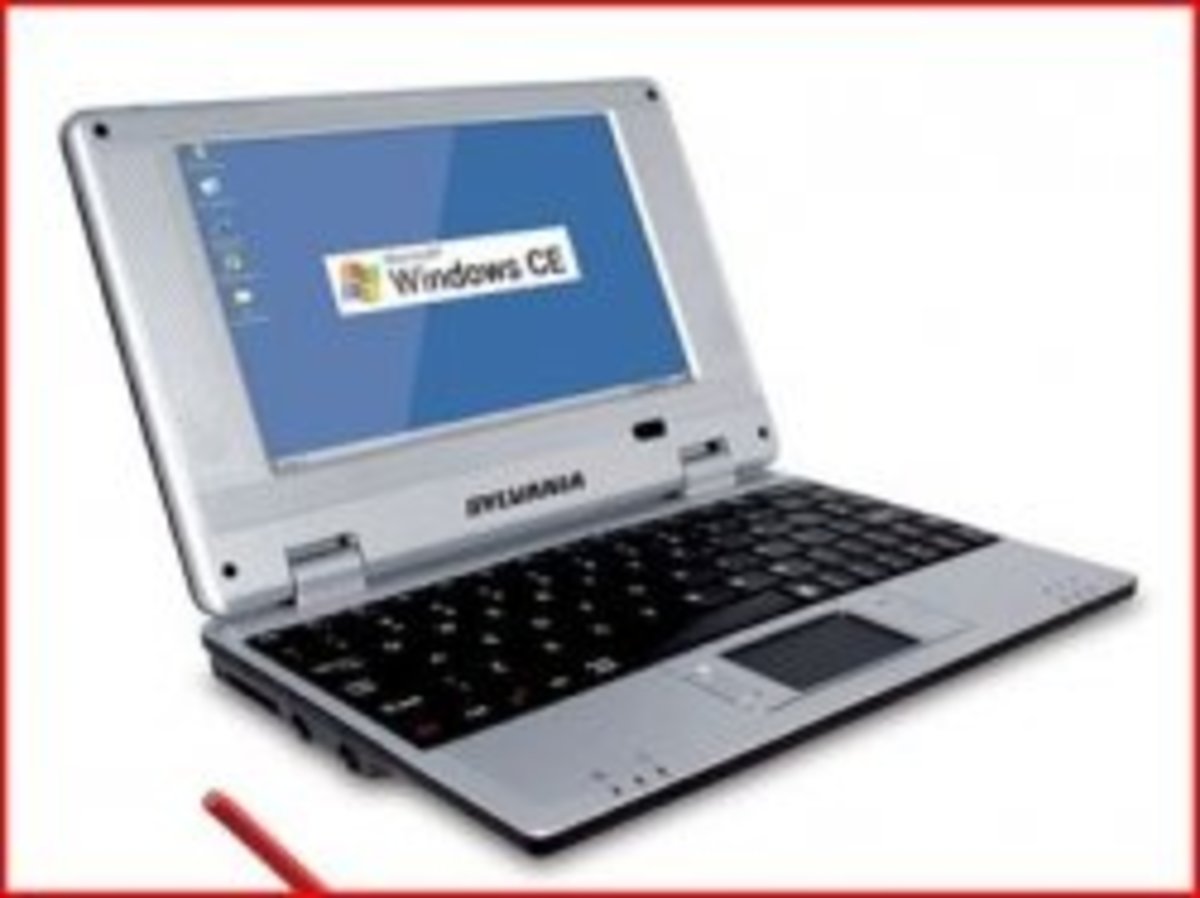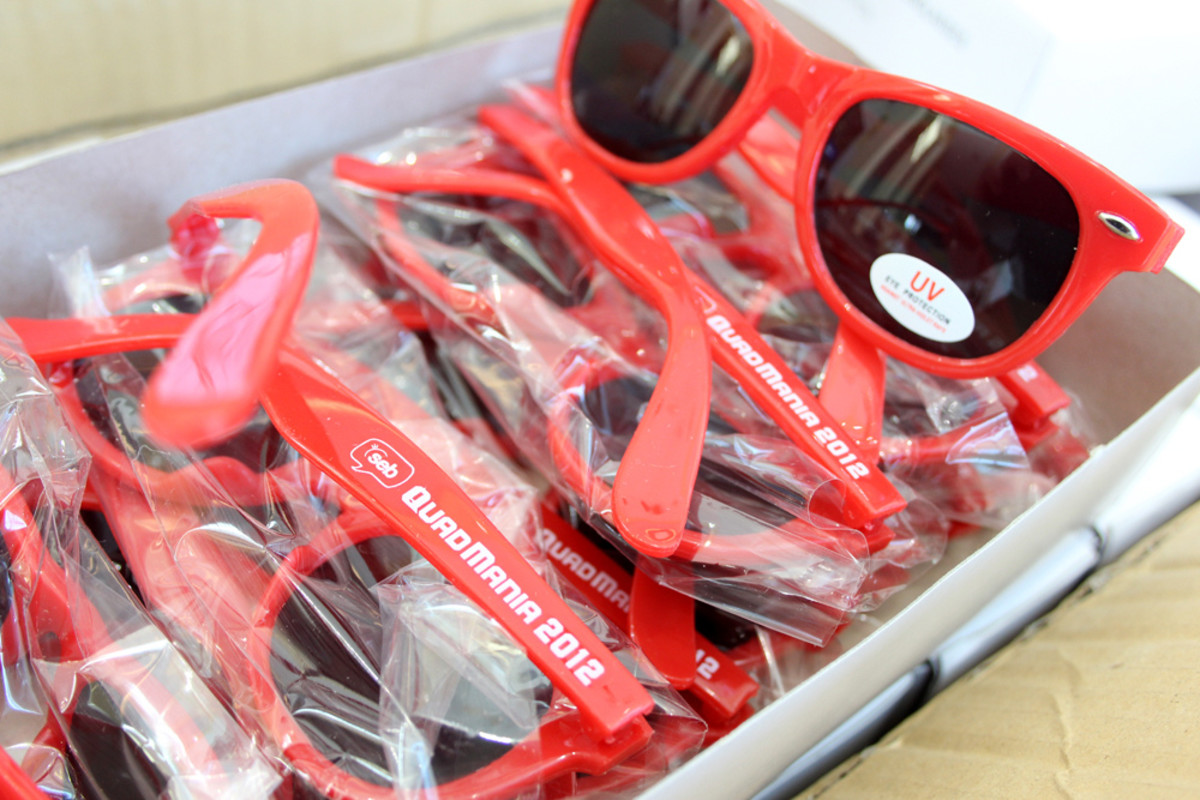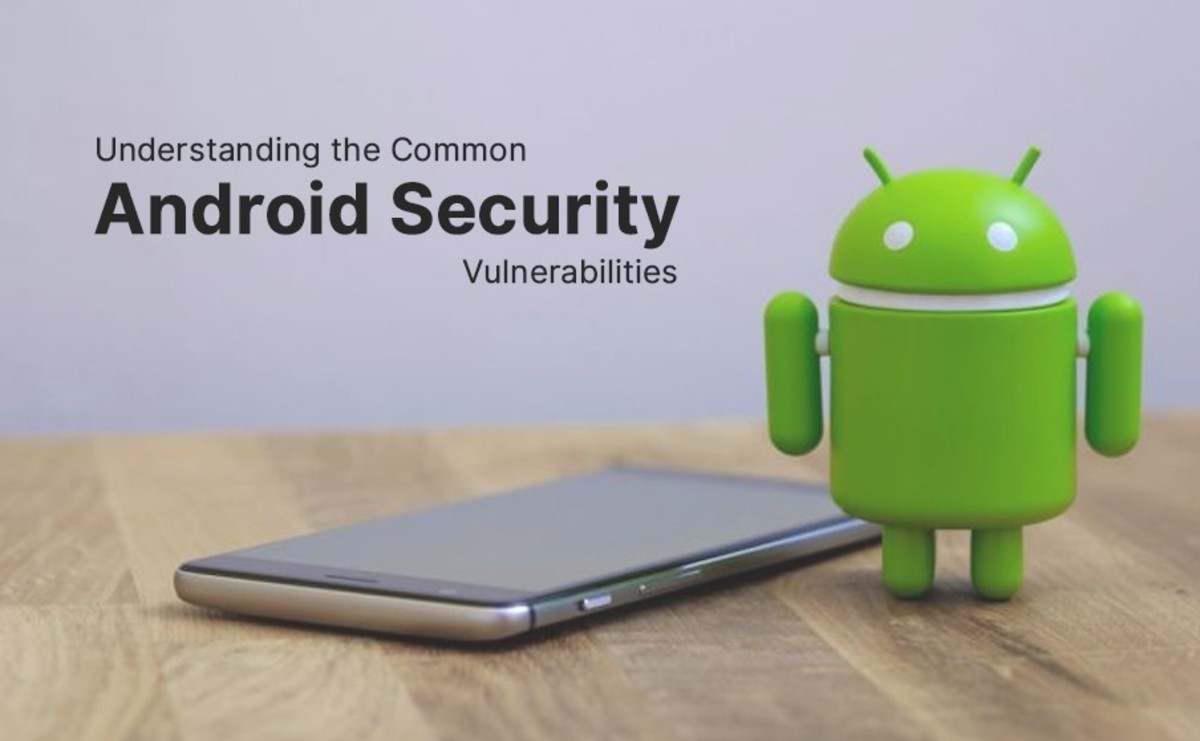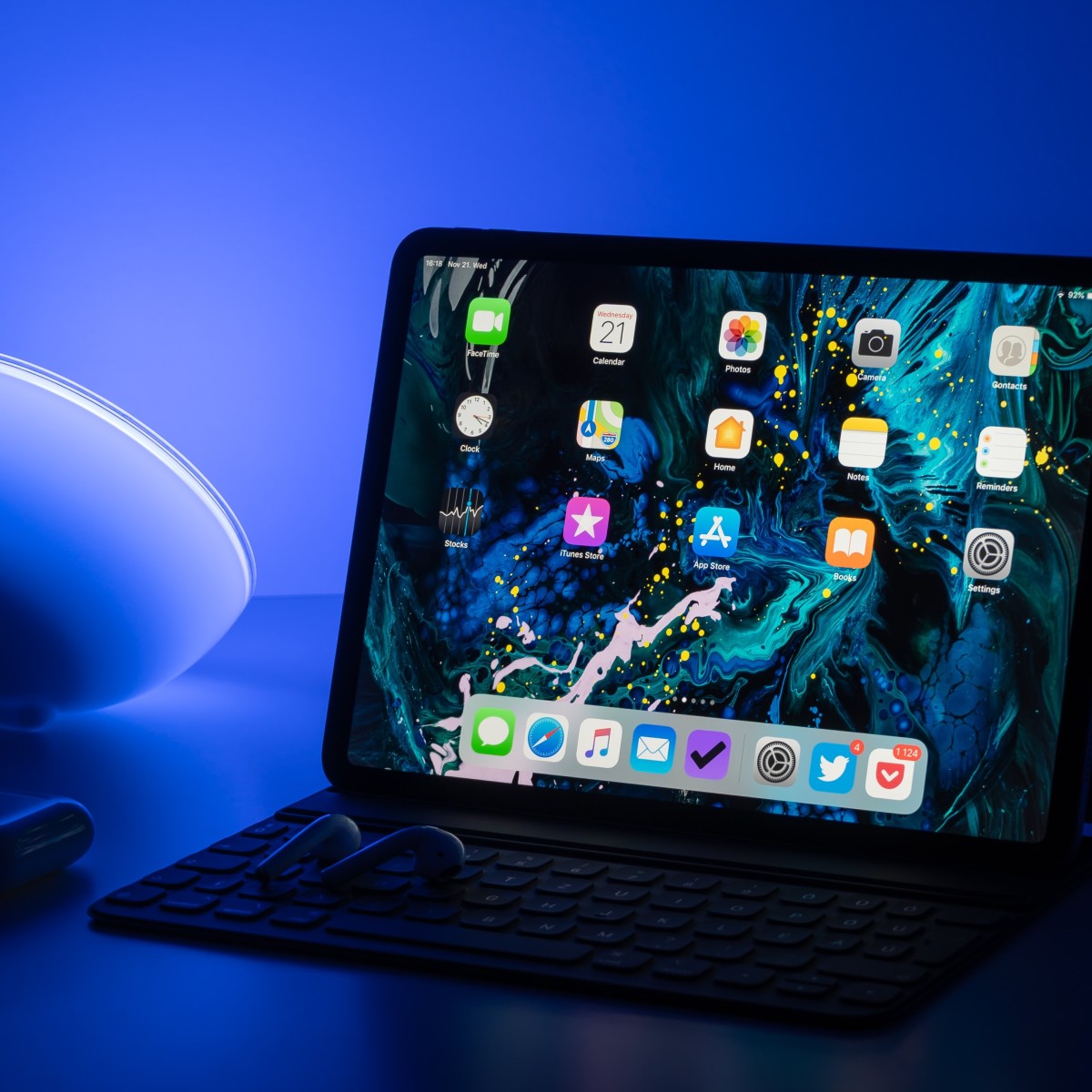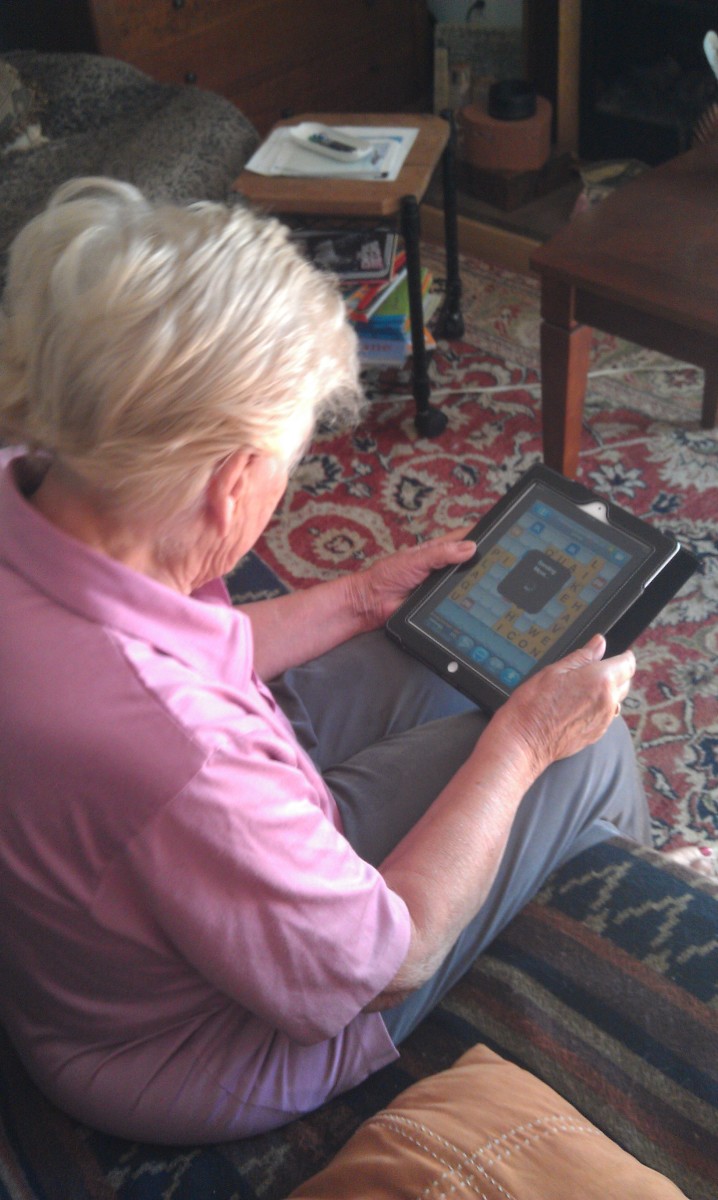6 Reasons Digital Detox is Important and Proven Ways for its Implementation
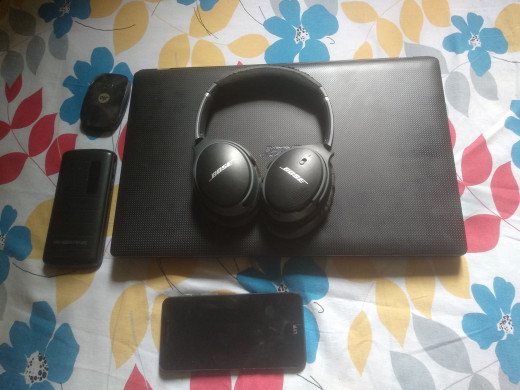
Introduction to Digital Detox
"Digital Detoxification" or "Digital Detox" is defined as a time when a person refrains from the usage of electronic gadgets such as smartphones, computers, and tablets, as well as social media. The constant pinging sound of notifications coming from the devices distract us more often and addiction to them leads to a stressful life. Taking a break from them for a while will help us focus on your important tasks.
Reasons to opt for a Digital Detox
We must take out some time for ourselves and our family members to interact together without interference from digital devices. Spending too much time on gadgets leads to addiction, which will result in physical, social, and psychological problems. Following are some reasons to opt for digital detoxification:
1. Being connected to digital devices leads to “Phantom Vibration Syndrome," where the user is under the illusion that his phone is vibrating as a result of incoming calls and messages. But in reality, there is no such thing happening. This results in user checking on his phone frequently, which will lead to stress.
2. Using devices during bedtime disturbs the sleep cycle. The lights coming from the devices keep the user awake. As a result, sleep is disrupted, causing insomnia, anxiety, and irregular sleep patterns.
3. Too much of anything is not good for our health. When we spend too much time on our devices, it is addiction that encourages impulsive behavior, most commonly found in people with ADHD (Attention Deficit Hyperactivity Disorder). We become nervous, irritated, and annoyed when we have to do tasks that take us away from our devices. Also, sitting for long hours in front of our devices is detrimental to our health.
4. When we are connected to the internet, we may feel that social media helps us to interact with people around the world. But, in reality, we distance ourselves from our near and dear ones. We spend so much time on gaming and social media that our relationships with family members suffer.
5. Scrolling through social media apps such as Facebook and Instagram feeds for long hours is a waste of time. Moreover, when we see our friends, colleagues, and family relatives posting photos and videos about having a wonderful time, it results in disappointment and dissatisfaction in our lives. Comparing our lives with others results in stress, which is harmful to our mental health.
6. The Fear of Missing Out (FOMO) is also one of the reasons why people don’t want to lose connectivity with the internet and social media apps. They live in constant fear of losing touch with upcoming trends. The moment their device gets disconnected. The need to stay updated with the latest information keeps them so distracted that they have this urge to stay connected with the world 24/7.
Warning Signs that you need a Digital Detox
Following are some warning signs that we may need digital Detox:
- We are so connected to our devices that if they get misplaced or lost, it makes us anxious and angry.
- Phantom Vibration Syndrome compels us to check our gadgets more often. It is not considered good etiquette at all.
- We feel stressed after spending excessive time on social media.
- We develop an unhealthy obsession with getting likes, comments, and shares on our posts on social media.
- We disrupt our day and night routines by getting up early, staying late to play games, and scrolling social media feeds on our phones.
- We face difficulty concentrating on our daily routines if we do not check our phones.
Proven Ways for implementing Digital Detoxification
Incorporating digital detoxification in our life is not hard if we are determined to stay away from your gadgets for some amount of time. Digital Detox can be implemented in the following ways:
1) We can set up time limits for restricting the usage of digital devices. We should dedicate some time to work, sleep, and free time. While doing important research for work, write down all the important notes on a notepad so that you won’t have to use your gadgets again. This will help you to focus on your project without any distractions.
2)Turn off your app notifications for social media apps or uninstall them. Out of sight is out of mind. This way you won’t find yourself spending too much time on them.
3)We must abstain from using digital devices during mealtime, bedtime, and while spending time with friends and family.
- When we use gadgets during mealtime, our mind becomes so much distracted that we can’t enjoy our meals.
- When hitting the bed, refrain from using your smartphone. Our brain assumes the light coming from these devices as natural light and as a result, we stay awake disturbing our body’s biological clock. This habit leads to serious health concerns like insomnia, stress, and other serious health problems.
- While spending time with family and friends, dedicate your time and attention to them. This strengthens the bonds and decreases the chances of stress and depression.
4)Inform your employees and colleagues that you won’t entertain their calls, messages, and emails on weekends unless it is urgent. We must also encourage them to go for a digital detox.
5)Checking out on social media apps like Facebook and Instagram to see your family, friends, and colleagues' activities will result in feelings of dissatisfaction and depression in the long run.
6)Some android smartphones have a feature known as “Digital Wellbeing”. Select a time interval for when you will refrain from using your phones for a specific time. You can choose "Do Not Disturb Mode" or "Grayscale Mode".
Conclusion:
Just like our body needs to get rid of toxins for sound health, we also need some time to stay away from our gadgets to live a stress-free life. Limiting our contact with digital gadgets for a certain amount of time will help us to get rid of unnecessary distractions and live a productive life. The best part is that it increases the battery life and performance of our devices. I hope this articles will encourage you to implement digital detox in your lives. Feel free to share your doubts and queries in the comment section.

